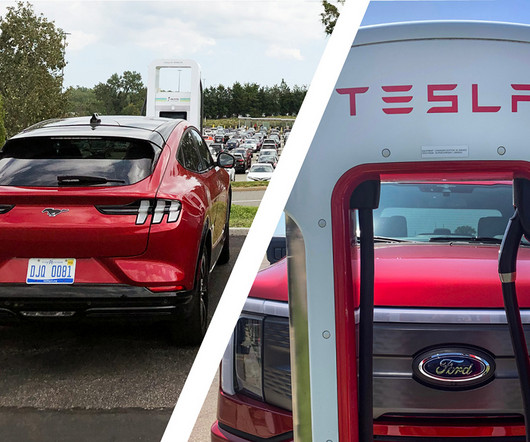Rechargeable ultrahigh-capacity tellurium-aluminum batteries
Green Car Congress
APRIL 30, 2019
Researchers at the University of Science and Technology Beijing, with colleagues at Beijing Institute of Technology, have demonstrated the potential of rechargeable tellurium (Te) nanowire positive electrodes to construct ultrahigh-capacity rechargeable tellurium-aluminum batteries (TABs). A g -1 ) along with an initial 1.4





































Let's personalize your content